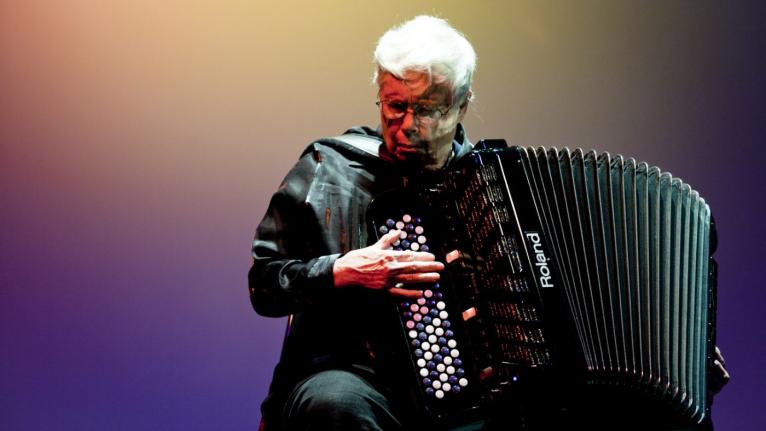Join us for a discussion about Axis Mundo with co-curators C. Ondine Chavoya and David Evans Frantz, moderated by ICI’s Becky Nahom.


ONE Archives at the USC Libraries
909 West Adams Boulevard
Los Angeles , CA 90007
United States
Tue, 08/14/2018
Wed, 05/16/2018
Mon, 03/26/2018
Tue, 02/06/2018
Wed, 06/18/2014